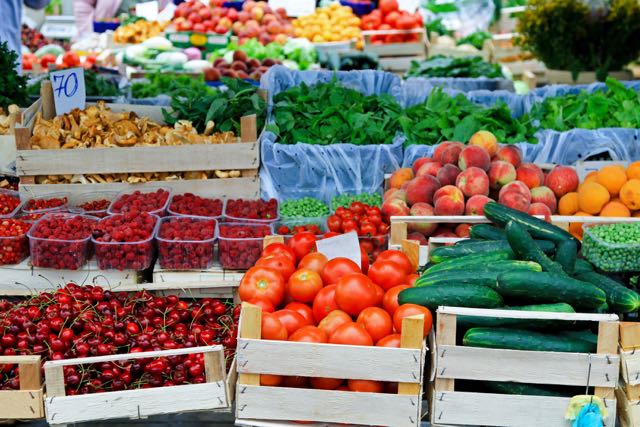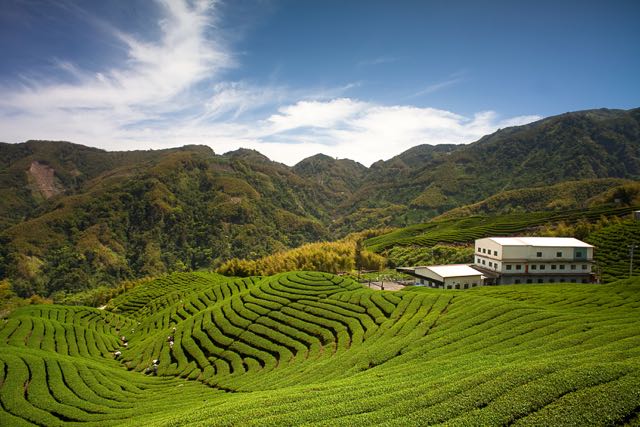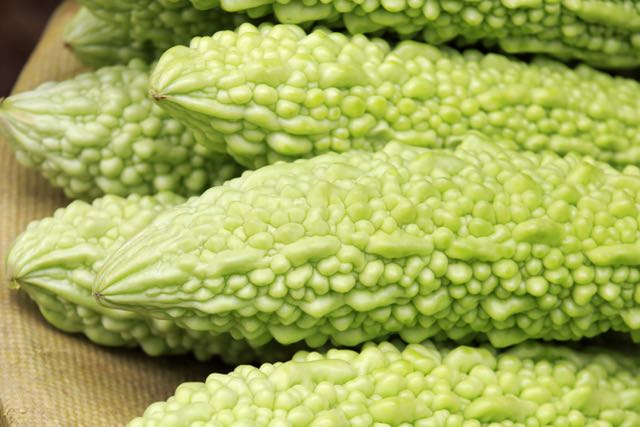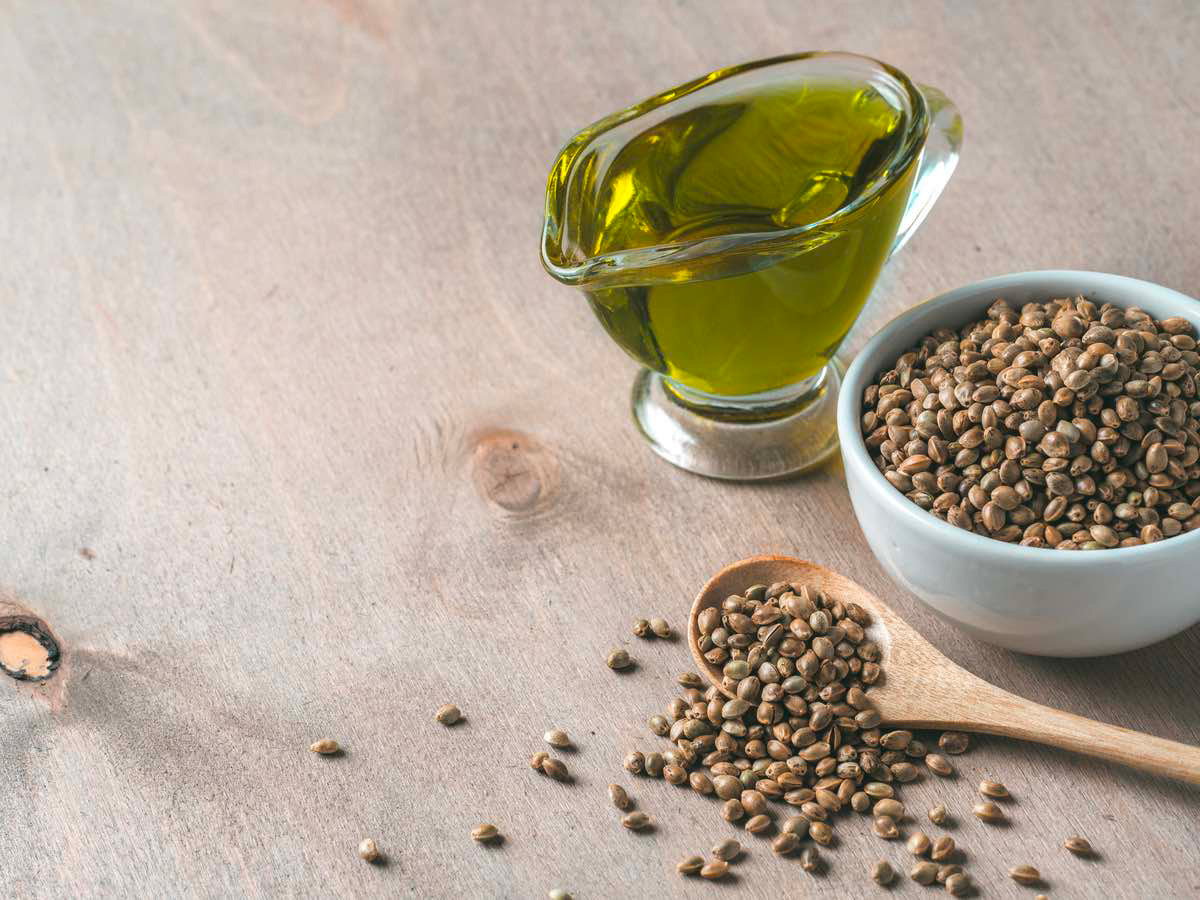
Herbs as food, and food as medicine
Herbs and spices not only for their good taste but also for good health. Food therapy is an essential part of Chinese Herbal medicine. In addition to the tradition’s emphasis on maintaining a healthy diet, many of the ingredients in herbal formulas come from plants that are also cultivated for food, such as fermented grains, cinnamon, Chinese dates, wolfberries, Chinese yams, lotus plant, among others. In fact, almost all whole foods have some medicinal properties. The difference between a “food” and a “medicine” is the dosage.
Food Therapy
Chinese medicine physicians learned the value of food therapy as one of the most important ways for improving longevity, wellness, and preventing disease. Food therapy can be individualized for specific constitutions and conditions or followed by using general guidelines, particularly for seasonal eating.
Food and herbs are classified according to their tastes and temperatures. The temperature of a food refers to its effect on the body’s temperature and not the temperature at which the food is eaten. Green tea, for example, is often prepared as a warm drink, but in Chinese medicine it is still considered to have a cooling effect on the body. In general, the taste and temperature of different foods correlates to specific therapeutic effects on the body. Foods and herbs with sweet tastes and warm temperatures tend to boost qi (energy) and blood while bitter and cold foods tend to drain heat.
Regardless of your age or health conditions, you can generally follow seasonal guidelines for healthy eating. Spring and summer seasons are yang in nature because the weather tends to be hot. To balance the heat, eat light cooling foods that nourish yin, such as fish, tofu, light soups and stir-fried fresh vegetables. Also, the heat and humidity can put a burden on our digestive system, so try to cut down on heavy greasy foods. Instead, eat more aromatic vegetables, spices, and herbs, which will help digestion.

Traditional Chinese Herbal Medicine for the Summer
The following foods and recipes can be part of your summer palette. For foods that you can’t find at a general grocery store, take a trip to Chinatown, always a fun summer jaunt.
Green tea: Green tea is cool in nature and is best for drinking in the summer. (Black tea is warmer and more appropriate for winter.) Drinking this tea will help clear heat and drain dampness, not to mention the antioxidant benefit. Try adding dried sour plums. These delicious fruits have astringent properties and will prevent over sweating. If you have weak digestion, you may want to limit your green tea intake, as it can upset some people’s stomachs.
Tofu: Though tofu is no longer made with gypsum, a mineral that is very cold in nature, it is still a cooling food. Of course, it’s always good in a stir fry or curry.

Bitter Melon (Ku Gua): This melon, which, as you can tell from the name tastes nothing like cantaloupe or honeydew, has cooling properties, and is perfect for the summer months. I like to stir fry it with garlic. Aside from cooling, bitter melon has many other uses. In China, my teachers and friends said, “Eat more, it is good for the MAN!!!” In addition, the leaves can be used topically for rashes and burns.
Mung bean (Lu Dou): Mung bean is a type of green bean widely eaten throughout China. It is generally made into a sweet drink or soup for the summer time. This slightly sweet and cooling bean will help digestion and avoid heat stroke throughout the summer.
Daikon: An oblong white root vegetable, daikon is very nutritious and makes a wonderful soup. Cook it alone or with carrots, onions, and celery until the vegetables are soft, about 5-10 minutes. It is slightly cooling and sweet, but very light in texture and taste.
Watermelon: Watermelon and watermelon juice are great for treatment and prevention of heat stroke.
Basil: While basil is slightly warm in nature, it is still good to eat in the summer months due to its aromatic qualities. Aromatic properties help digestion, which can be slightly impaired by the humidity and heat in the summer.
Mint: Mint is aromatic and cooling, which makes it a great combination for summer. It can be used for a mild summertime cold. Add it to your tea or drink alone as an herbal tea.
Lotus: The lotus root is a round vegetable grown underwater. This cooling vegetable tastes wonderful added to soups or pickled.



